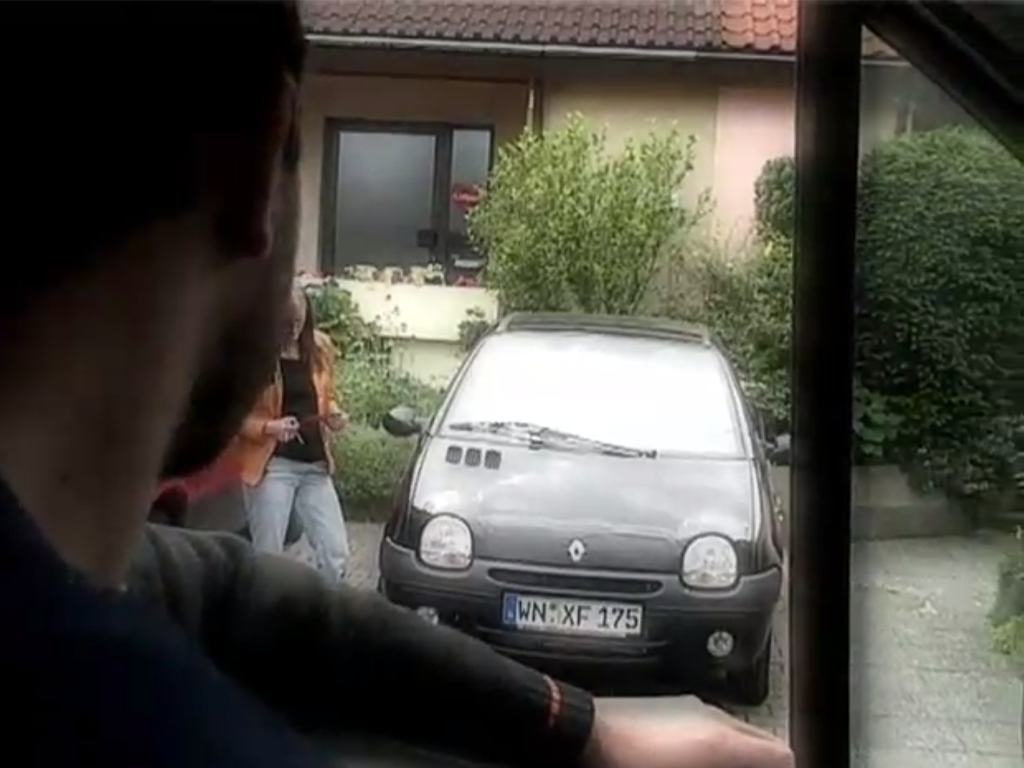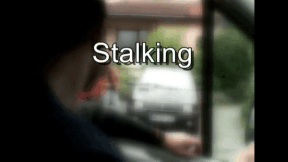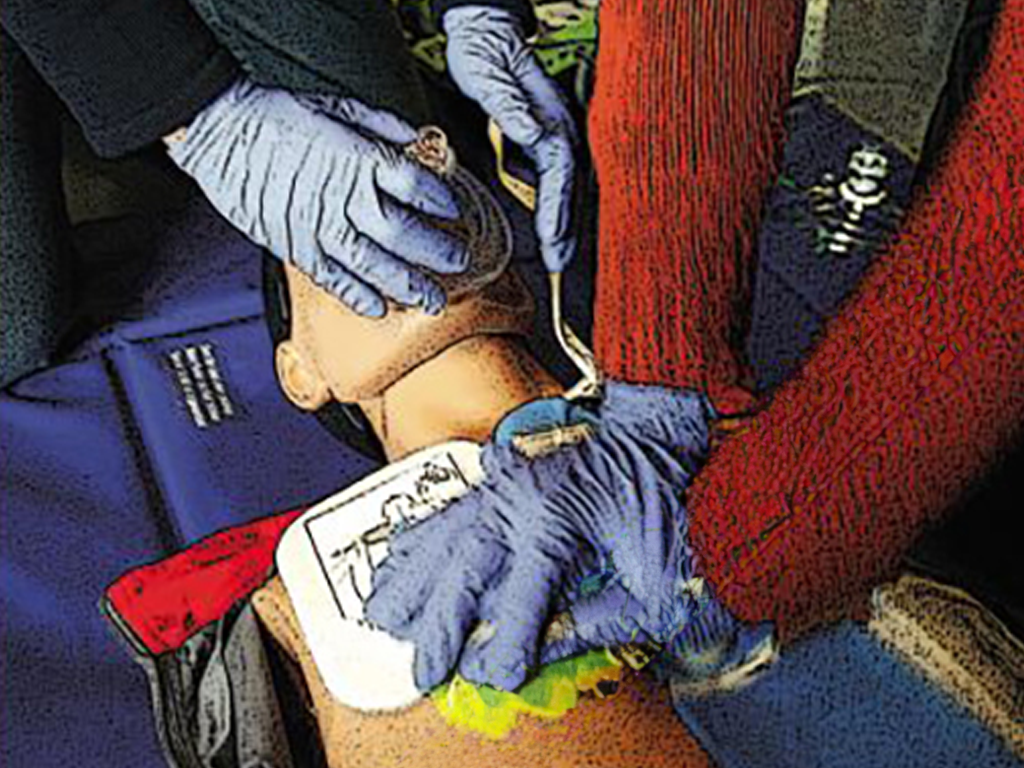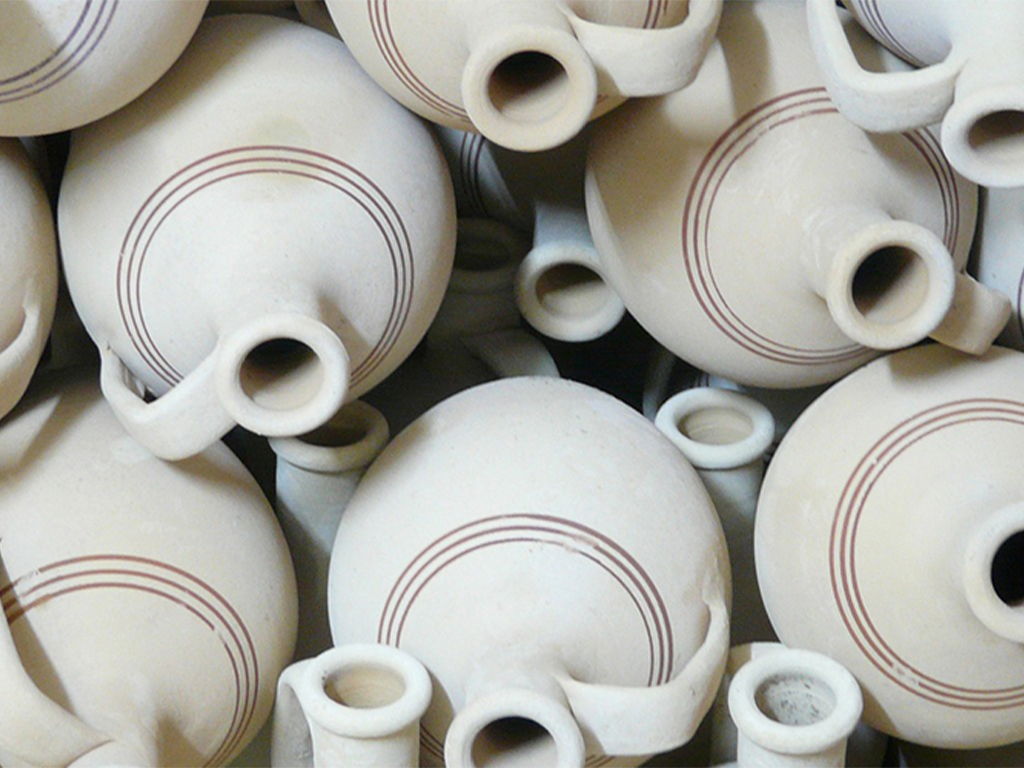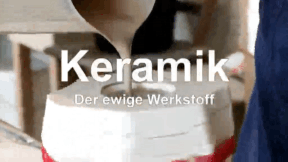 Chemistry
Chemistry
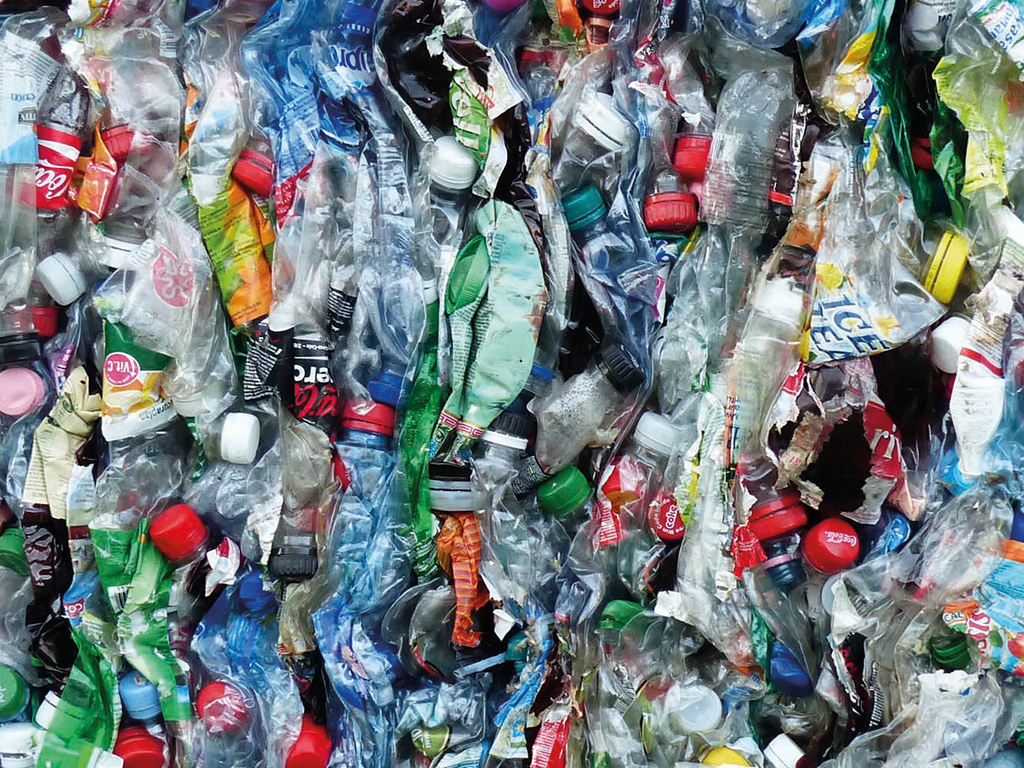
46500902 / 55500659
Plastic
Production, Use, Recycling
Plastic has been around for not longer than roughly 100 years, and the synthetic material is a brilliant invention. Its production is cheap, it can take almost any possible form, it is light-weight, versatile and, above all, inexpensive.
Original soundtrack Frank Thenhausen, Production Manager, Thenhausen Spritzgusstechnik + Werkzeugbau GmbH:
“We can no longer imagine a life without synthetics. We are affected by them in all areas. It starts with packaging, technical parts in car and plane manufacture. One would like to produce it more cheaply than in the past. This results in a price war because synthetics are very much in demand. The article itself is a thermo-synthetic. I can reduce its size, I can recycle it and make new synthetic parts from it, which is almost unlimitably possible.“
Chemically, plastic materials are synthetic, i.e. artificial, compounds on a carbon basis. The term “plastic” is derived from the Latin word for “malleable”.
Plastics are also called synthetics because they do not occur in nature in their present form but are produced synthetically, however – as opposed to steel or glass – from organic substances.
The parent substance of plastic is petroleum, a purely natural product, because petroleum does not consist of anything else than tiny sea dwellers, which, after their death, were being chemically transformed under pressure over the course of millions of years. These are resources that took millions of years to form and that are not unlimited.
In refineries, the petroleum is separated into its various components, namely into small molecules, so-called monomers.
The monomers can be combined in any possible way by chemical linking in so-called synthesis processes. Large chain-shaped or net-shaped molecules, the polymers or primary plastics, are formed from the multiple small molecules.
The properties of primary plastics can be changed with colour particles or other chemical additives, e.g. softening or hardening agents.
Depending on the method applied and on the type of monomers used, different kinds of plastic are created.

Curriculum-centred and oriented towards educational standards
Matching
Stalking
n Germany, 12 % of all federal citizens are pursued by a stalker once in their lives. And not only celebrities are among their victims! Everyone may be confronted with such a situation.
Resuscitation
It can happen to anyone – of any age, in any place, at any time. Sudden cardiac arrest may quickly prove fatal. Immediate action is called for! Just remember: Check Call Press Anyone can do it. You can't do anything wrong!
Ceramic
Ceramics are indispensable in our everyday lives. We eat from ceramic plates, drink from ceramic cups, use tiled ceramic bathrooms. But how is ceramic manufactured? The film reveals the secrets of this fascinating material! We get to know more about the beginnings of ceramic in the Old World of Egypt and Mesopotamia, about Greece, China and Rome. We gain interesting insights into the valuable earthenware and are also shown the exquisite further development of the "white gold". Today this versatile material is irreplaceable in industry, too. Whether in space or as an easily compatible substitute in medicine, ceramic is applied in many places.




